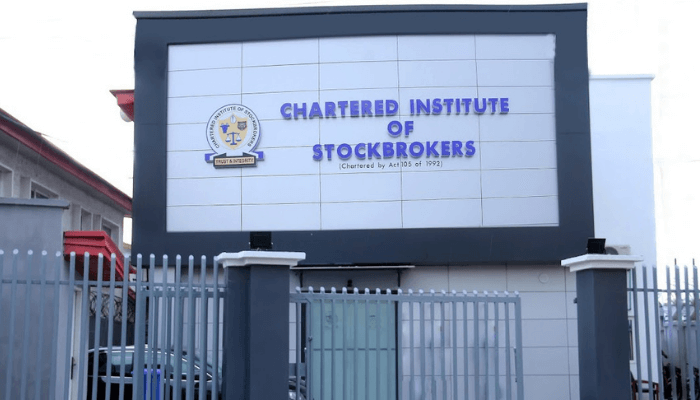At the 2023 Annual National Workshop of the Chartered Institute of Stockbrokers (CIS) in Abuja, stakeholders, led by the President of CIS, Oluwole Adeosun, highlighted key strategies to bolster Nigeria’s economic growth. The workshop, themed ‘Leveraging the Capital Market to drive Public-Private Partnership (PPP) for effective National Economic Growth, Issues,’ emphasized the need for a robust Public-Private Partnerships model, increased tax revenue, and enhanced liquidity provision to propel the nation’s Gross Domestic Product (GDP).
Adeosun, addressing workshop participants, expressed concern over Nigeria’s economic growth trajectory, noting that the last recorded double-digit GDP growth was in 2002, with a notable 15.33% increase. He pointed out that many economic fundamentals were established in the 1970s and 1980s, necessitating a strategic shift in approach.
Advocating for the adoption of the PPP model, Adeosun highlighted its global success in fostering rapid economic growth. While acknowledging previous attempts in Nigeria, he stressed that greater emphasis and optimization of the capital market were crucial for the effectiveness of PPP in accelerating GDP growth.

Adeosun emphasized, “Our present infrastructure deficit is estimated at $3 trillion over the next 30 years, constituting 30% of the GDP, as opposed to 70% in other middle-income nations. This setback requires correction, and at CIS, we believe that with genuine concern, altruism, innovative ideas, patriotic zeal, and political will on the part of the government, our economy will be set on the right footing.”
Dr. Ayo Teriba, CEO of Economic Associates, addressed the workshop on the topic of ‘Macro-Economic Policy Framework for Nigeria.’ Teriba identified illiquidity as the fundamental economic challenge in Nigeria, manifesting in fiscal, forex, and systemic forms. He underscored the connection between liquidity and various macroeconomic issues, including insecurity and rising inflation.
Teriba argued, “The basic economic problem in Nigeria is illiquidity. This is in the form of fiscal illiquidity, forex illiquidity, or systemic illiquidity. The dominant source of illiquidity is the challenges associated with exports and the inability of Foreign Direct Investment to thrive due to a lack of an enabling business environment. Growth is a consequence of liquidity. Countries must get liquidity right. Nigeria is rich in assets and should take advantage of assets to grow the economy rather than rely solely on revenue from taxation.”
In conclusion, the consensus among stakeholders at the CIS workshop underscored the imperative of adopting a robust PPP model, augmenting tax revenue, and addressing liquidity challenges to propel Nigeria’s economic growth. The emphasis on leveraging the capital market as a catalyst for effective PPP implementation reflects a strategic approach to harnessing economic potential and driving sustainable development.
Support InfoStride News' Credible Journalism: Only credible journalism can guarantee a fair, accountable and transparent society, including democracy and government. It involves a lot of efforts and money. We need your support. Click here to Donate
